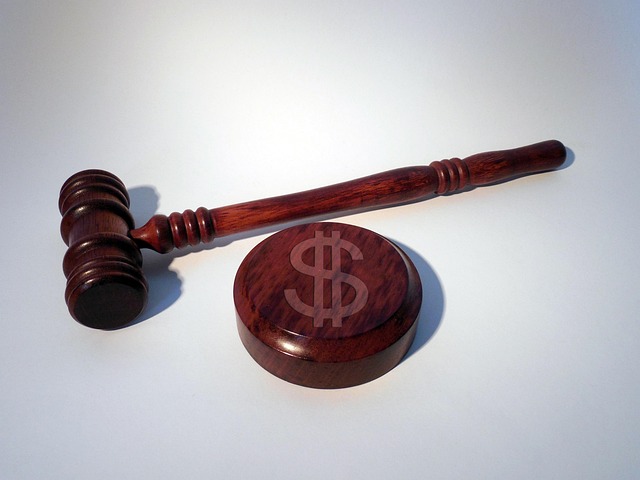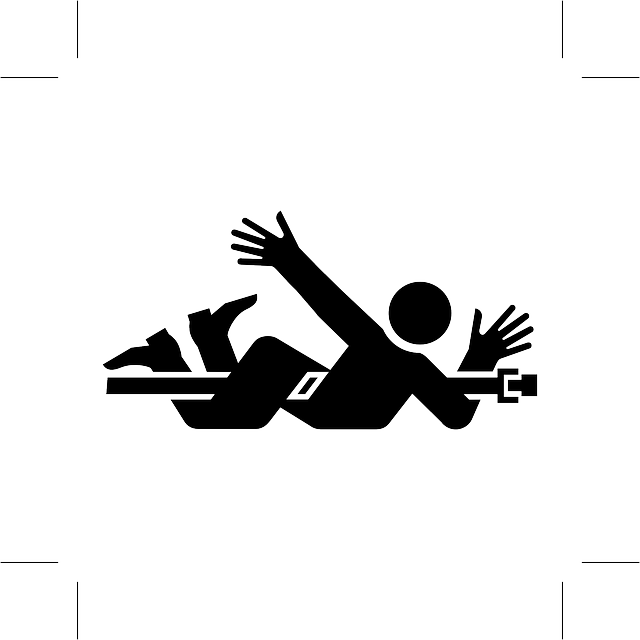Dog bite insurance claims involve understanding policy limits, evaluating liability based on circumstances, and prompt reporting to insurers. Consulting a personal injury lawyer specializing in dog bite cases is crucial for navigating complexities, ensuring adequate compensation within policy parameters, and advocating for victims' interests throughout the process. Prompt reporting, comprehensive medical records, and full cooperation with insurer investigations are essential steps in filing a successful dog bite insurance claim.
“Unraveling the complexities of dog bite insurance claims is crucial for responsible pet ownership. This article guides you through the intricate process, focusing on policy limits and their impact on such claims. We’ll explore liability evaluation, ensuring you understand when a dog owner’s responsibility kicks in. Additionally, we’ll delve into the claim process, empowering you to navigate your rights and the insurance company’s role effectively. Gain insights into managing potential financial burdens and protect yourself with informed knowledge about dog bite insurance claims.”
- What Are Policy Limits and How Do They Apply to Dog Bite Claims?
- Evaluating Liability: When Is a Dog Owner Responsible for Bites?
- The Claim Process: Understanding Your Rights and the Insurance Company's Role
What Are Policy Limits and How Do They Apply to Dog Bite Claims?

Policy limits refer to the maximum amount of compensation an insurance provider is obligated to pay out for a specific claim or incident. In the context of dog bite insurance claims, these limits set a cap on the financial responsibility of the insurer. When a policyholder files a dog bite insurance claim, whether it’s against their own pet’s liability coverage or against someone else’s policy, understanding the policy limits is crucial. These limits dictate how much the insurance company will cover for medical expenses, legal fees, and other associated costs arising from a dog-related accident.
For instance, if a person suffers severe injuries in a dog bite incident and incurs substantial medical bills, the policy limits of their dog bite insurance will determine how much financial relief they can expect. In some cases, the limits might be relatively low, covering only basic treatment costs. However, for more serious injuries that require extensive care, these limits could become a significant factor in ensuring adequate compensation. Engaging an experienced personal injury lawyer or accident lawyer can help policyholders navigate these complexities and understand their entitlements within the set policy limits.
Evaluating Liability: When Is a Dog Owner Responsible for Bites?

Evaluating liability is a crucial step in any dog bite insurance claim. In most jurisdictions, a dog owner is held responsible for their pet’s actions if the bite occurred under specific circumstances. For instance, if a dog, while on its owner’s property or under their supervision, inflicts harm on someone, the owner is typically liable. This includes instances where a dog escapes and attacks, or when it displays aggressive behavior without provocation. However, there are exceptions; for example, if a victim provokes or taunts a dog, the liability of the owner may be questioned.
Dog bite insurance claims often rely on proving that the dog’s owner was negligent, which means they failed to take reasonable care to prevent a known or foreseeable risk. A personal injury attorney specializing in dog bite cases can guide victims through this process, ensuring they understand their rights and the potential for compensation. Unlike real estate disputes, where boundaries and contracts are key, dog bite cases center around determining fault and the extent of damages, making it essential to consult an accident attorney for expert advice.
The Claim Process: Understanding Your Rights and the Insurance Company's Role

When filing a dog bite insurance claim, understanding the claim process is crucial for ensuring your rights are protected. The first step involves reporting the incident to your insurance company promptly, providing all necessary details and medical records related to the dog bite injuries. Your insurer will then assign an adjuster to review your case, assess liability, and determine the extent of coverage under your policy.
As a policyholder, you have the right to cooperate fully with the insurance company’s investigation while also seeking legal counsel from a qualified auto accident lawyer or slip and fall injuries expert if needed. They can guide you through complex matters, ensure accurate documentation, and advocate for your interests during negotiations. Remember, working with an attorney experienced in handling dog bite claims can significantly enhance the outcome of your claim, especially when dealing with challenging situations that may arise from these incidents.
When navigating a dog bite insurance claim, understanding policy limits is crucial. By grasping how these limits apply to dog bite claims, evaluating liability responsibly, and familiarizing yourself with the claim process, you can confidently assert your rights. Remember that each situation is unique, so seeking legal advice can provide valuable guidance tailored to your specific case. With this knowledge in hand, you’re better equipped to ensure a fair resolution for your dog bite insurance claim.






